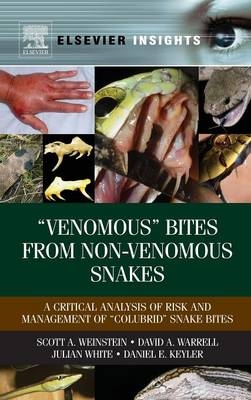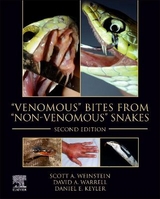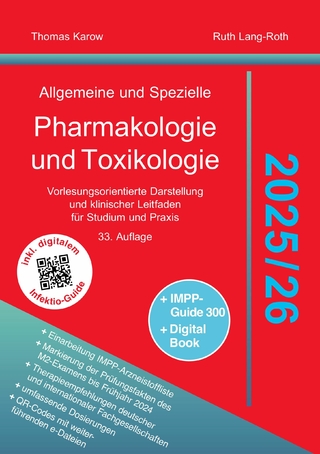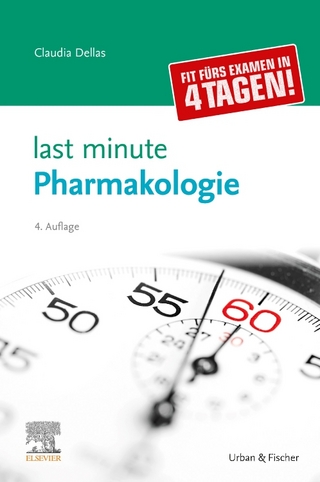
“Venomous Bites from Non-Venomous Snakes
Elsevier Science Publishing Co Inc (Verlag)
978-0-12-387732-1 (ISBN)
- Titel erscheint in neuer Auflage
- Artikel merken
This book is the first significant contribution to thoroughly examine the potential hazards associated with snakes of the former family, Colubridae. This family contained >65% of living snake species (approximately 3,000 taxa) and has recently been split into multiple families. Many of these snakes produce oral secretions that contain toxins and other biologically-active substances. A large variety of these snakes figure in the pet industry, yet little documented information or formal study of their potential medical importance has been published. Therefore, although the possible medical importance of many of these species has been subjected to speculation since the mid-nineteenth century, there is a limited amount of useful descriptive information regarding the real hazard (or lack thereof) of snakes belonging to this diverse, artificial family. There is a need for "one-stop shopping" offering information regarding their possible toxicity and clinical relevance as well as recommendations for medical management of their bites. This book is the first synthesis of this information and includes evidence-based risk assessment, hazard rankings and specific recommendations regarding important species, many common in captivity.
Dr. Scott A. Weinstein is a clinical toxinologist, venom researcher, and family physician. His academic training includes general and field herpetology, medical microbiology/immunology, biomedical sciences and comparative religion. His experience includes: treating snakebites and marine envenoming, as well as poisonous ingestions; characterization of aberrant toxins present in snake venoms; isolation of antimicrobial components of venoms; pharmacological studies of venom toxins in the rat blood-brain-barrier model and iontophoretic investigations, and antigenic relationships among venoms and secretions/blood of non-front-fanged snakes. He is a faculty member of the recurring Marine Animals and Snakebite Management symposia (Kuala Lumpur, Malaysia, Bangkok, Thailand and Yogyakarta, Indonesia) and is also a practicing family physician. He has contributed more than 100 peer-reviewed journal papers, and 4 books in toxinology, herpetology and clinical medicine. He is currently clinical toxinologist at the Women’s and Children’s Hospital, Adelaide, Assoc. Professor with the University of Adelaide School of Medicine, and Fellow of the American Academy of Family Physicians. Professor David Alan Warrell is Emeritus Professor of Tropical Medicine and Honorary Fellow of St Cross College, University of Oxford, UK. After training at Oxford, St Thomas’ Hospital and the Royal Postgraduate Medical School in London, he lived, worked, researched and travelled in Ethiopia, Nigeria, Kenya, South Africa, Thailand, Burma, Sri Lanka, Bangladesh, Papua New Guinea, Brazil, Ecuador, Peru and other tropical countries, founding the Oxford University-based Tropical Medicine Research Program whose units study malaria and other major tropical diseases. He became Director of the Oxford Topical Network in 1986, and later Head of The Nuffield Department of Clinical Medicine, University of Oxford. He has published more than 400 research papers, articles, reviews and textbook chapters. He is a consultant to the World Health Organization on snake bites, rabies and malaria; the British Army, UK Medical Research Council, Foreign and Commonwealth Office, Earth Watch International (conservation), Zoological Society of London, Royal Geographical Society and ToxBase UK. He also served as the past President of the Royal Society of Tropical Medicine and Hygiene, and International Federation for Tropical Medicine. His principal research interest remains the pathophysiology and treatment of envenoming. In November 2010, David Warrell was awarded the William Osler Memorial Medal by the Universty of Oxford, and was recently (September 2019) awarded the Sir Patrick Manson Medal, the highest honor awarded by the Royal Society of Tropical Medicine and Hygiene. Dr. Keyler is Co-Director of Toxicology Research with the Minneapolis Medical Research Foundation. He is an Emeritus Professor (Department of Experimental & Clinical Pharmacology with the University of Minnesota, College of Pharmacy) and has authored numerous publications in peer-reviewed journals. He has also authored multiple book chapters involving immunotherapeutics, animal toxins, venomous snakebite, and the medical management of snakebite victims. He has been actively involved with venomous snakes for over 40 years. The medical treatment of venomous snakebites has been a significant component of his professional career, and he has been involved in the medical treatment of over 250 venomous snakebites, including exotic species. He served as Chair of the Envenomations SIG with the American Academy of Clinical Toxicology 2002-07 and is a founding member with the Medical Advisory Committee to the Online Antivenom Index. He is also an author and reviewer of medical management recommendations for snakebites in the Antivenom Index.
1. An overview of the artificial assemblage, the "colubridae": a brief summary of taxonomic considerations
2. Differences between buccal gland secretion and associated delivery systems of "true" venomous snakes and "colubrid" snakes: low pressure vs high pressure gland function and canaliculated vs solid dentition
3. Summary of the toxinology of duvernoy's secretions: a brief overview of the history of colubrid oral secretion research
4. Medically significant bites by "colubrid" snakes
Section i. Typical features of documented cases and evidence-based risk
Section ii. Life threatening and fatal cases: "venomous colubrids" and assessment of evidence-based risk
Section iii. Aberrant cases and representative cases without clear etiology: a critical assessment of risk
Section iv. Pitfalls noted in documented cases: perceived versus evidence-based risk
Section v. Recommendations for management of medically significant "colubrid"bites
| Sprache | englisch |
|---|---|
| Maße | 152 x 229 mm |
| Gewicht | 700 g |
| Themenwelt | Studium ► 2. Studienabschnitt (Klinik) ► Pharmakologie / Toxikologie |
| ISBN-10 | 0-12-387732-6 / 0123877326 |
| ISBN-13 | 978-0-12-387732-1 / 9780123877321 |
| Zustand | Neuware |
| Informationen gemäß Produktsicherheitsverordnung (GPSR) | |
| Haben Sie eine Frage zum Produkt? |
aus dem Bereich



